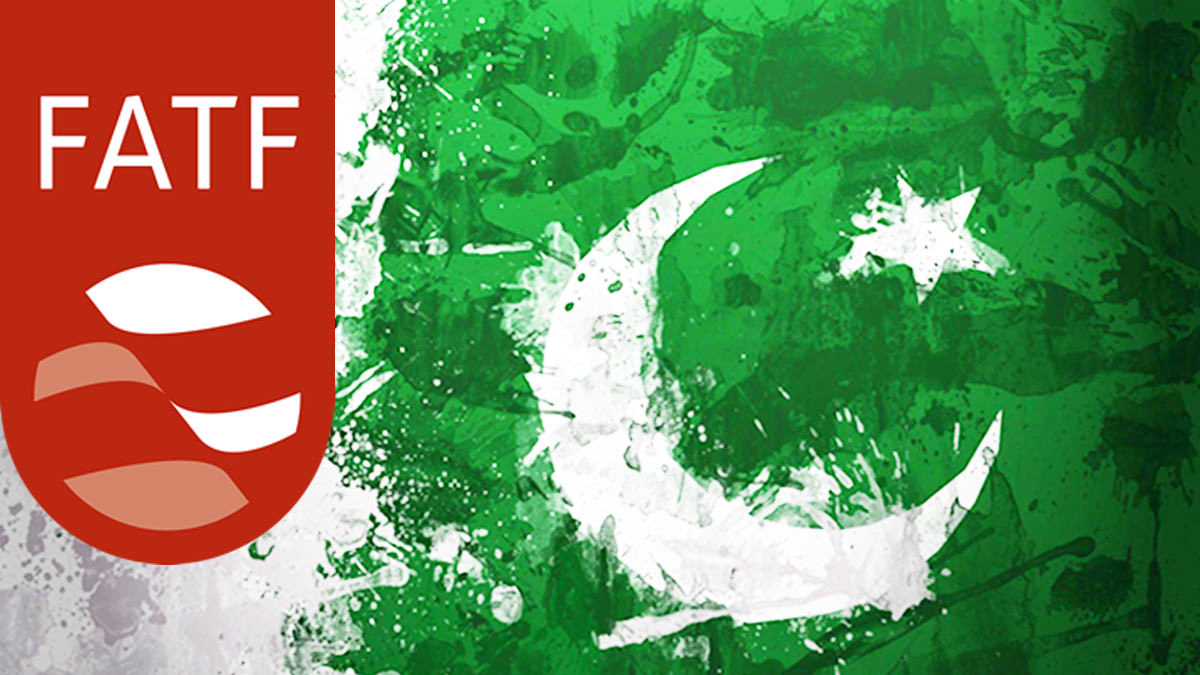
Money Laundering and Funding of Terrorism
On the first day of its two-day conference, the Financial Action Task Force (FATF), a worldwide organization that monitors money laundering and the funding of terrorism, is set to discuss the removal of Pakistan from a list of nations that are subject to “enhanced monitoring.”
The FATF announced in a meeting in June that it was keeping Pakistan on the list, or “grey list,” but added that it can be taken off following a site visit to assess progress.
The Foreign Office stated last month that the FATF technical team’s visit had been “successful” and that Islamabad anticipated the evaluation process’ “logical completion” in October.
Strategic Counter-Terrorist Financing-Related Inadequacies
Due to “strategic counter-terrorist financing-related inadequacies,” Pakistan was added to the list in 2018. The FATF provided the nation with a comprehensive reform plan.
If Pakistan were to be taken off the list, it would effectively gain in reputation and be given the international community’s “all clear” about financing terrorism.
According to economist and former Citigroup banker Yousuf Nazar, it would lessen monitoring of international transactions involving Pakistan while having little effect on the country’s suffering overall economy.
US Regulators for Anti-Money Laundering
Two significant banks in Pakistan, HBL and National Bank of Pakistan, each paid fines of $55 million and $225 million to US regulators for anti-money laundering and compliance failings in 2017 and 2022, respectively.
Read More | Top Umrah Packages in 2022
Read More | US ‘Confident’ Pakistan’s Nuclear Assets Stand Secure
Pakistan would benefit from being taken off the FATF list after Moody’s reduced the nation’s sovereign credit rating. Additionally, it would raise spirits, which is significant in terms of foreign direct investment.
Being on the “grey list,” according to the FATF, does not require additional due diligence from financial institutions, but the organisation emphasises the need to weigh associated risks when doing business with such nations.
International Financial Institutions Cease
If a nation is moved from the “grey list” to the “black list” or is designated as a “high-risk” entity, the FATF may demand that international financial institutions cease their operations in and associations with the offending nation. It may also pressure governments to impose financial sanctions.
Iran and North Korea are the only two “black-listed” nations at the moment.
A few years ago, it was widely rumoured that Pakistan was on the verge of being “blacklisted.”
Significant Adjustments to Pakistan’s Financial Sector
The conclusion of a four-year reform process that called for significant adjustments to Pakistan’s financial sector, particularly to the rules governing money laundering and terrorism financing, would be the removal from the list.
FATF provided Pakistan with an action plan in 2018 to address strategic counter-terrorist financing-related weaknesses through legislation and reorganising law enforcement and financial institution coordination.



